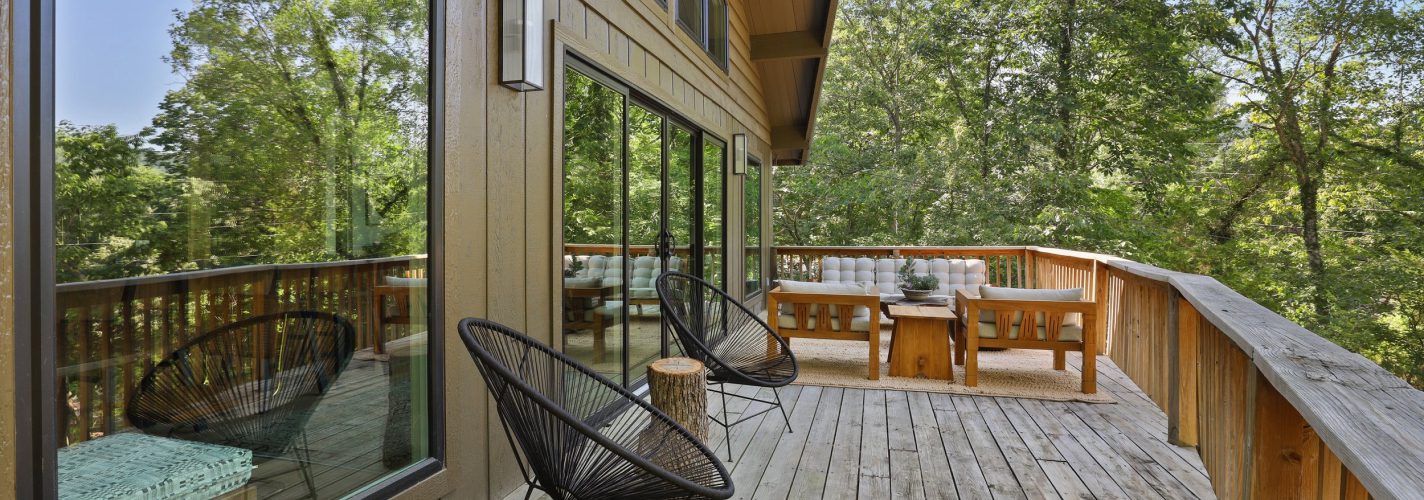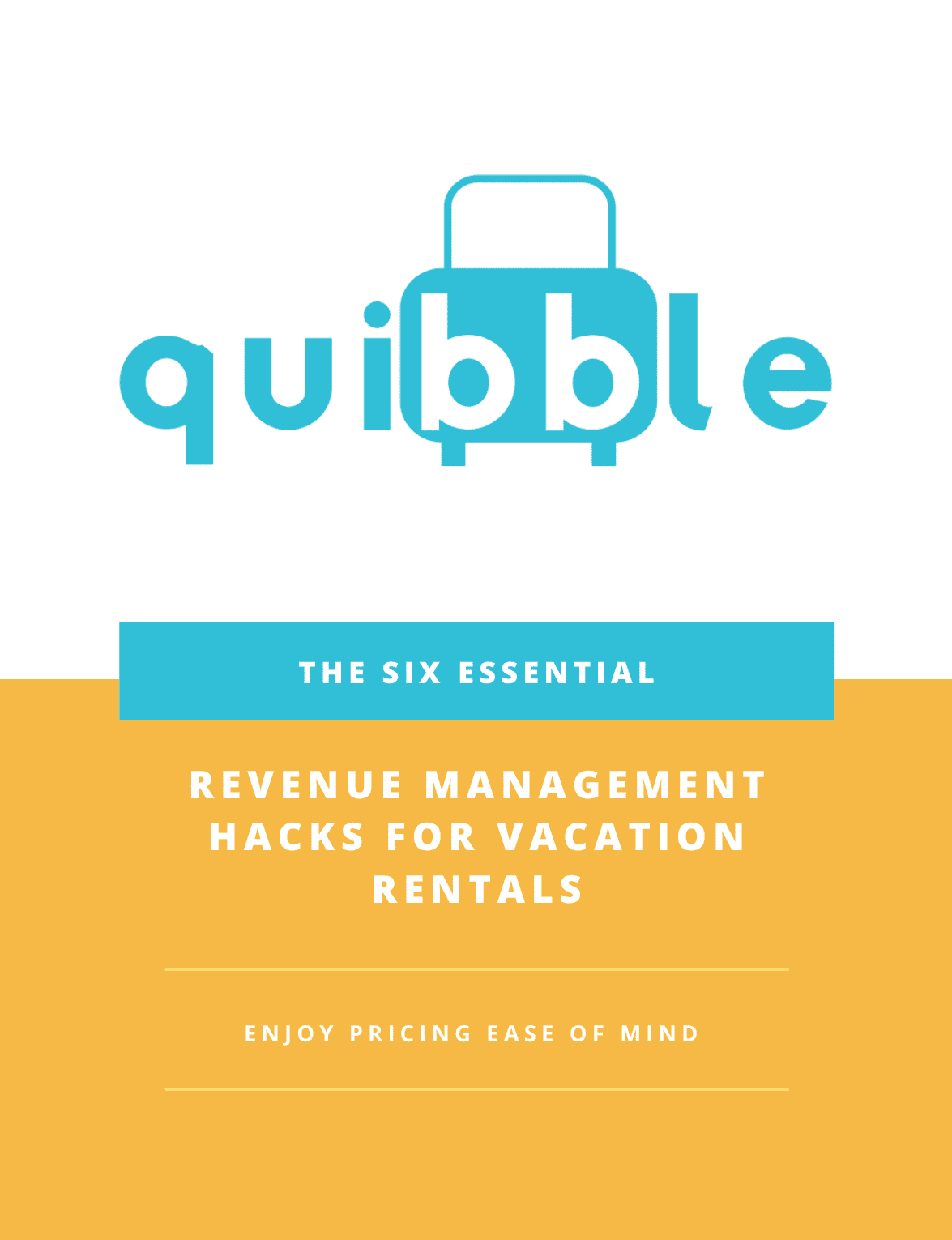“Short-term rental laws…”. We’ve all heard the phrase. It’s a vague and intimidating thought. The legality of renting out your home is an extremely hot topic right now and one that many renters, apartment dwellers, and property owners are confused about.
The short-term rental industry has grown exponentially over the past few years, especially with the rise of platforms such as Airbnb, Vrbo, and HomeAway. However, with this growth, there have been concerns about the impact of short-term rentals on housing affordability, neighborhood character, and community safety. As a result, many cities in the United States have implemented laws, regulations, and restrictions on short-term rentals to address these concerns.
This publication will explore short-term rental laws, regulations, and restrictions in cities in the United States. We will look at how different cities have approached short-term rental regulations, the specific restrictions and requirements that exist, and the impacts of these laws on the short-term rental industry and communities.
🎯 Different Approaches to Short-Term Rental Regulations
Cities across the United States have taken different approaches to regulate short-term rentals. Some have implemented strict regulations, while others have taken a more hands-off approach. Let’s look at some examples of cities with different approaches.
In San Francisco, short-term rentals are heavily regulated. Hosts are required to register with the city and obtain a permit, which requires proof of liability insurance, a business registration certificate, and compliance with building and safety codes. The city also limits the number of days a property can be rented out each year to 90, and hosts must be present on the property during the rental period. San Francisco’s strict regulations have been in place since 2014 and have been largely successful in addressing concerns about the impact of short-term rentals on housing affordability.
On the other hand, cities like Las Vegas and Miami Beach have taken a more laissez-faire approach to short-term rentals. In Las Vegas, short-term rentals are only regulated if the property is located in a residential zoning district. Hosts are required to obtain a business license and pay a transient lodging tax, but there are no restrictions on the number of days a property can be rented out or the number of guests allowed. Similarly, in Miami Beach, short-term rentals are allowed in certain zoning districts and hosts are required to obtain a business tax receipt and a resort tax certificate, but there are no limits on the number of days a property can be rented out.
✅ Specific Restrictions and Requirements
While the approach to short-term rental regulation varies across cities, there are several common restrictions and requirements that exist. Let’s take a look at some of these. Many cities limit the number of days a property can be rented out, often capping it at 30 or 35 days per year. In New York City, for example, hosts are allowed to rent out their homes for up to 30 days in any given calendar year.
“San Francisco’s strict regulations have been in place since 2014 and have been largely successful in addressing concerns about the impact of short-term rentals on housing affordability.”
🚧 Zoning Regulations
Many cities regulate short-term rentals through their zoning codes. For example, in New York City, short-term rentals of fewer than 30 days are illegal in buildings with three or more units if the owner or tenant is not present. In Nashville, short-term rentals are only allowed in specific zoning districts, and hosts are required to obtain a special use permit.

🔑 Occupancy Limits
Cities often place limits on the number of guests allowed in a short-term rental property. For example, in Los Angeles, the maximum occupancy for short-term rentals is two guests per bedroom, plus an additional two guests if there is a pull-out sofa in the living room. In Austin, short-term rentals are limited to 10 guests. In Austin, short-term rentals are limited to 10 guests. In Nashville, the occupancy limit depends on the size of the unit. For one-bedroom units, the maximum number of guests is two; for two-bedroom units, it’s four guests; and for three or more bedrooms, it’s six guests. In New Orleans, the maximum number of occupants is six. In San Francisco, there’s no limit on occupancy, but hosts are required to submit an application that includes a floor plan showing where each guest will sleep. Security Deposits Some cities require short-term rental hosts to collect security deposits from guests at check-in or before allowing them access to their property.
“Cities often place limits on the number of guests allowed in a short-term rental property.”
🚀 Permitting and Registration
Many cities require hosts to obtain permits or register with the city. In addition to San Francisco’s permit requirement mentioned earlier, Seattle requires hosts to obtain a short-term rental operator’s license, and New Orleans requires hosts to obtain a permit and pay a fee. Hosts who fail to comply with these requirements may face fines or other penalties. Taxes and Fees Some cities charge taxes on short-term rentals, including Austin (6% hotel occupancy tax), Chicago (3.5% hotel tax), Miami Beach (hotel tax of 6%), New Orleans (hotel tax of up to 3%), and Seattle (hotel/motel tax).
⛑ Insurance and Safety Requirements
Cities may also require hosts to obtain liability insurance and comply with building and safety codes. In Denver, hosts are required to provide proof of liability insurance, and all short-term rental properties must have working smoke detectors and carbon monoxide detectors. In Chicago, hosts are required to comply with building and zoning codes and obtain a vacation rental license, which includes a safety inspection. Renting out your home may also require you to purchase additional insurance coverage. In Denver, hosts are required to carry liability insurance and obtain a vacation rental license. The license requires hosts to have $1 million in liability coverage and keep current on their homeowner’s policy with any applicable endorsements.
💎 Conclusion
While some property managers and owners may have to comply with local laws and regulations pertaining to short-term rentals, case law for the most part is still being developed. This will likely mean that things will continue to be settled on a case-by-case basis for the time being. However, as more time goes on, it is likely that cities will set up clearer regulations for short-term rentals in general. As such, having a thorough understanding of local laws in regard to short-term rentals is advised. The above is a brief overview of the legal issues pertaining to short-term rentals. If you have any questions about your specific situation, feel free to reach out to us at [email protected].
Join our newsletter
Dominate the short-term rental market with cutting-edge trends










